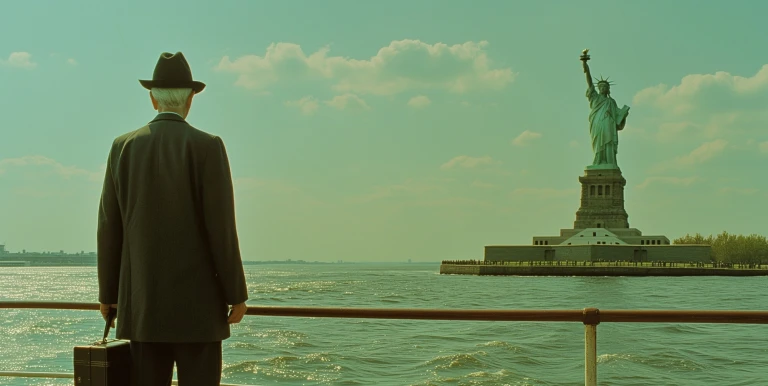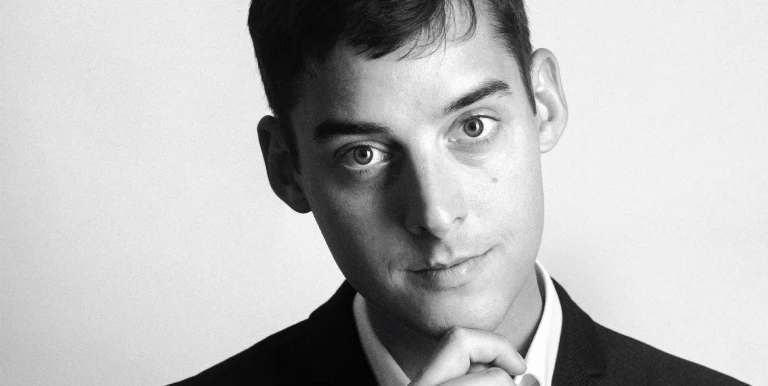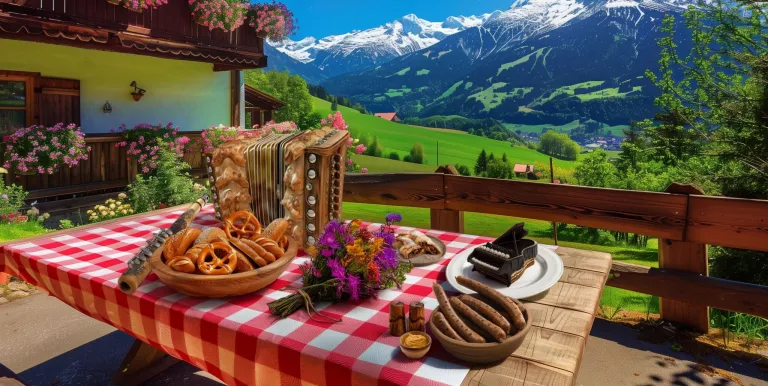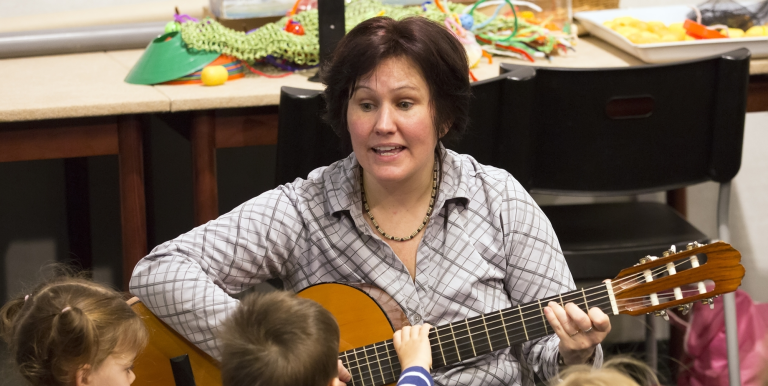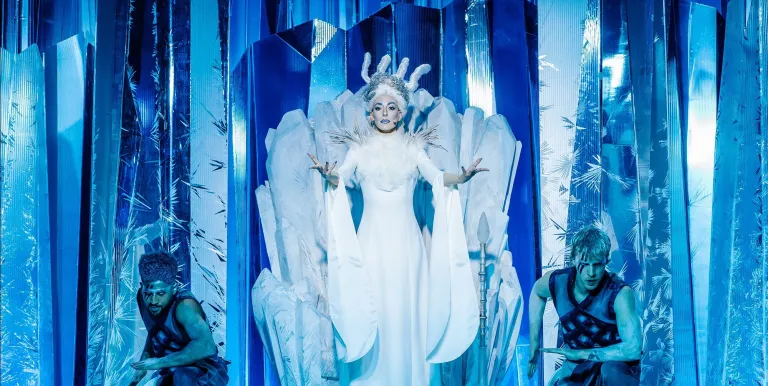one interval
Conductor:
Featuring:
Stravinsky
Ragtime
Barber
Cello Concerto, Op. 22 – third movement (Molto allegro e appassionato)
Beethoven
String Quartet No. 15 in A minor, Op. 132 – third movement (Molto adagio – Andante ‘Heiliger Dankgesang eines Genesenen an die Gottheit, in der Lydischen Tonart’)
Bartók
Piano Concerto No. 3, Sz. 119, BB 127 – second movement (Adagio religioso)
Bartók
Concerto for Orchestra, Sz. 116, BB 123 – first movement (Introduzione); third movement (Elegia); fifth movement (Finale) – excerpts
Béla Bartók wrote some of his most wonderful and, in the traditional sense of the word, beautiful music in the final years of his life, when he was living as a voluntary émigré in the United States. Both at that time and after the composer’s death, there were many who wondered whether Bartók was making artistic concessions in these compositions: had he been influenced by the tastes of the American audience? This concert is a search for the answer to this question, as well as whether Bartók was influenced by the sounds of American birds (spoiler: he was) and whether he met any cowboys (spoiler: perhaps through music), while also allowing us to get to know this marvelous music from more close up.
Béla Bartók left for America on a ship from Portugal in the autumn of 1940, leaving behind both a warring Europe and a Hungary that was growing ever closer to Nazi Germany. Although he planned to return home, shortly after the end of World War Two he died in a New York hospital from a grave illness that had afflicted him for years. The music he wrote in those last years is incredibly beautiful: this composer once known for his extremely dissonant pieces had grown tame and classicised. This concert will not only provide a closer look at Bartók’s most beautiful music, it also seeks an answer to the question of what kind of music Bartók found himself surrounded by in America in the middle of the 20th century. We will compare a concerto by Samuel Barber with a piano concerto Bartók composed in America, and at one point we will even listen to the singing of birds native to the New York region, because Bartók himself did. Serving as our guide in tracing Bartók’s footsteps will be Szilveszter Szélpál, aided on the way by the expertise of musicologist Gergely Fazekas, with the music itself played by those most talented young musicians Ádám Balogh and Balázs Dolfin as soloists alongside the Danubia Orchestra under the baton of Dénes-Worowski Marcell.
Age: 9-16 year
Presented by: Müpa Budapest
-
We wish to inform you that in the event that Müpa Budapest's underground garage and outdoor car park are operating at full capacity, it is advisable to plan for increased waiting times when you arrive. In order to avoid this, we recommend that you depart for our events in time, so that you you can find the ideal parking spot quickly and smoothly and arrive for our performance in comfort. The Müpa Budapest underground garage gates will be operated by an automatic number plate recognition system. Parking is free of charge for visitors with tickets to any of our paid performances on that given day. The detailed parking policy of Müpa Budapest is available here.

